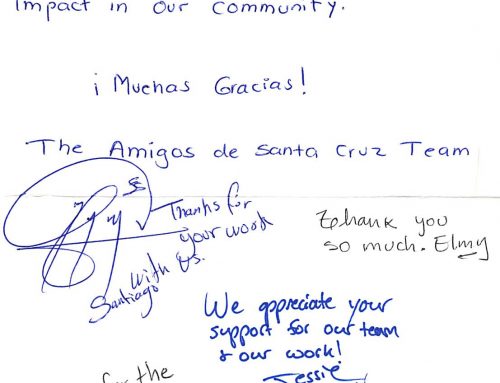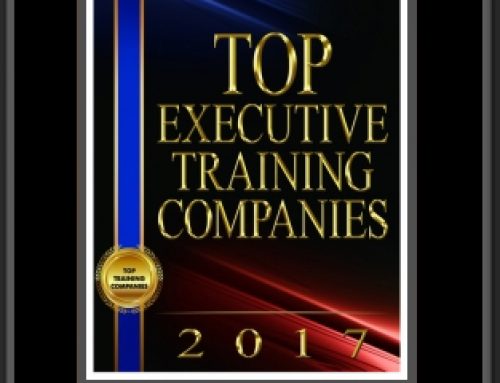 When we dig deeper and examine the most common leadership challenges of today, we see two significant culprits. The common culprits we see are leaders with an intense lack of self-awareness and a distorted ego state.
When we dig deeper and examine the most common leadership challenges of today, we see two significant culprits. The common culprits we see are leaders with an intense lack of self-awareness and a distorted ego state.
When it comes to a lack of self-awareness, we see a few contributing factors. A lack of self-awareness often stems from believing the status quo is ‘working’, and there is no need to change one’s current way of being. This is often perpetuated by a lack of being fully present to the reality of what is going on around oneself, a lack of feedback from others, or a reluctance to accept feedback received, because it is either poorly delivered or is provided by someone the individual doesn’t deem as credible.
A distorted ego state is a tricky one to identify on the surface as the ego works exceptionally hard to protect itself and cover up its insecurities of being exposed as anything other than wonderful. This is why we see leaders rationalize their bad behavior into something that sounds relatively reasonable, project blame onto others instead of owning their own failures, displace their frustrations onto easier or more vulnerable targets, exaggerate their self-importance in an effort to compensate for their true insecurities, deny the possibility of negative circumstances as an outcome of their decisions or actions, create alternative realities about situations they don’t believe they can change, pretend to be tough and invincible to mask their fear or vulnerability.
For leaders to overcome these two common culprits, they must first feel like they are in a safe and trusting environment that will allow them to hear and discuss these challenges in an authentic, transparent, vulnerable and meaningful way. Unfortunately, most leaders don’t feel safe and/or don’t believe they can fully trust those who have an internal agenda or can make a decision about their career trajectory. This is why organizations often utilize external, credentialed executive coaches for some of their most difficult or pervasive leadership challenges. A quality external, credentialed executive coach works closely with the organizational sponsor to understand the nuances of the leadership challenges, creates a safe and confidential forum for leaders, and actively engages in supporting the leaders in reframing their thinking, retooling their habits, and reconsidering their approaches to a variety of circumstances they are faced with in the workplace every day.






